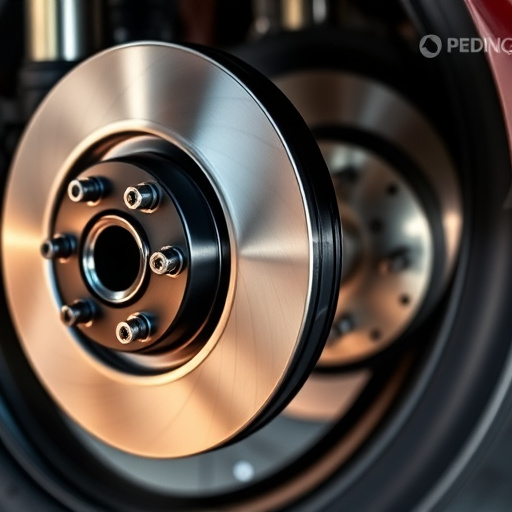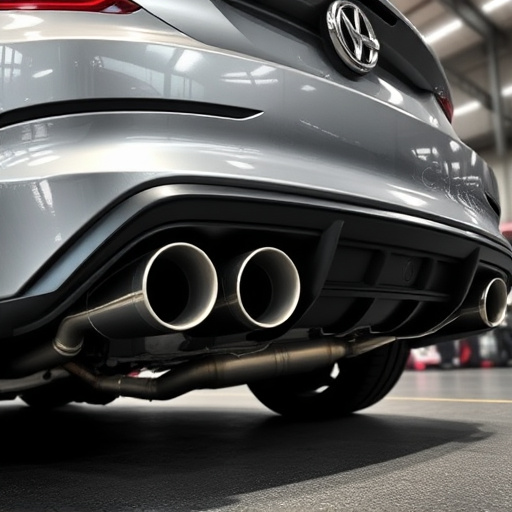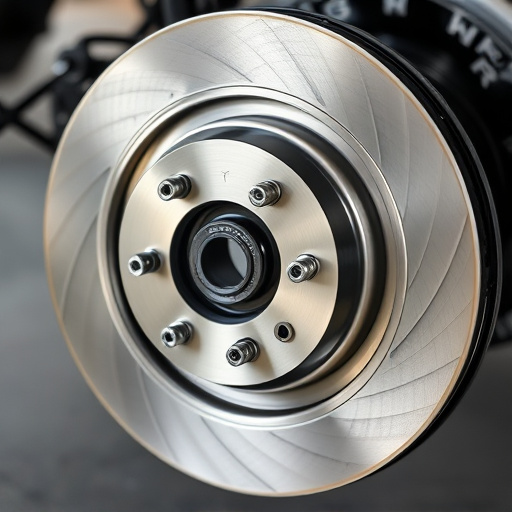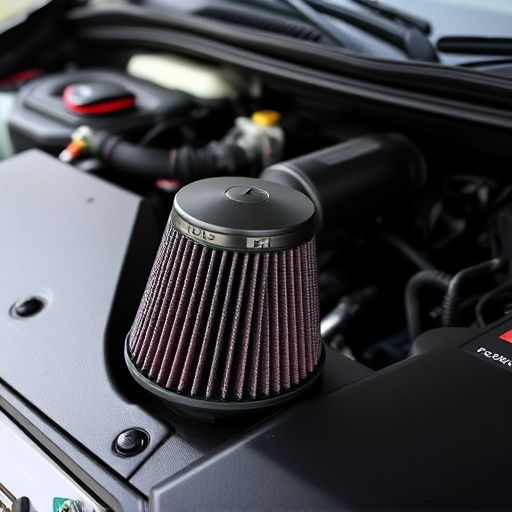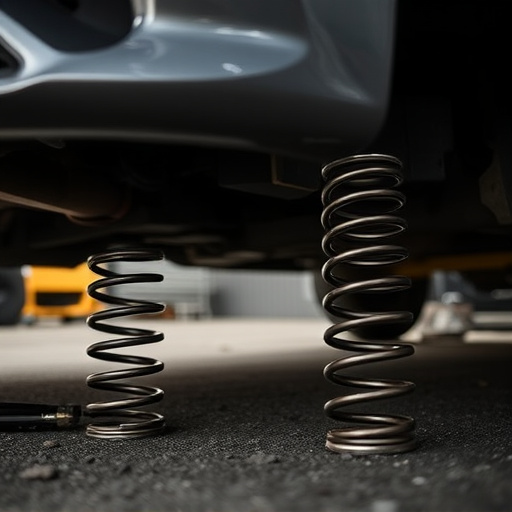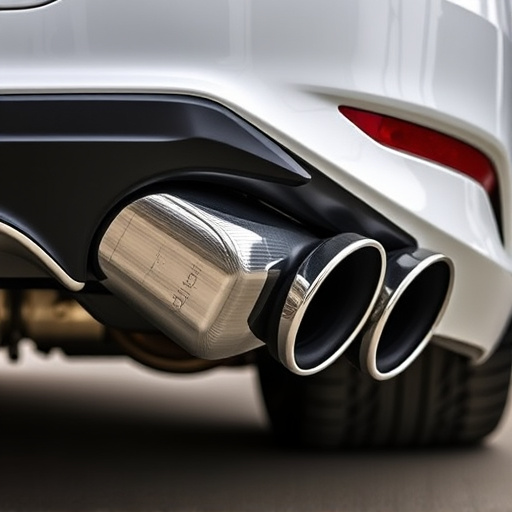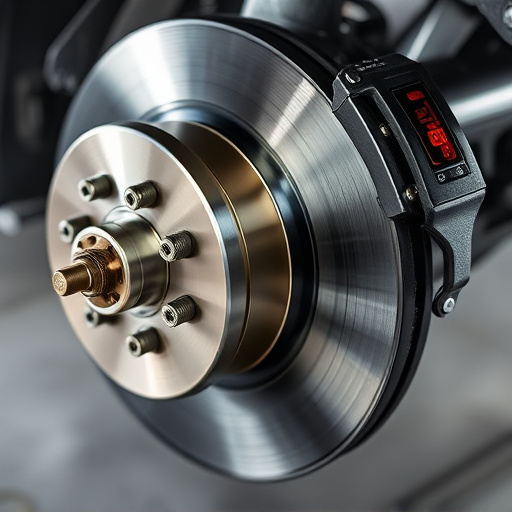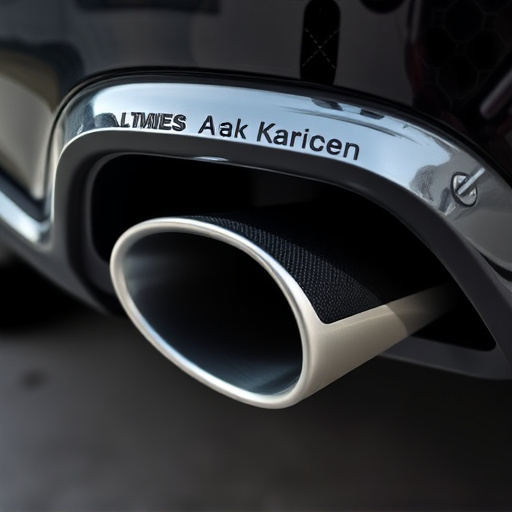Dry air filters revolutionize vehicle performance by removing dust, debris, and pollutants from intake air without moisture, enabling smoother airflow, improved engine power, better fuel efficiency, and enhanced acceleration. They safeguard internal components from contaminants, especially in colder climates, and complement upgrades like cold air intakes or cat-back exhaust systems, offering a simple yet powerful way to enhance overall vehicle health and driving experience. However, correct installation is crucial for optimal benefits.
Discover how a seemingly simple upgrade, like a dry air filter, can significantly impact your vehicle’s performance. This article delves into the science behind dry air filters and their crucial role in enhancing acceleration. We explore the effects of these filters on engine health and overall performance, highlighting key benefits while also considering practical aspects for those contemplating the switch. Get ready to breathe new life into your ride!
- Understanding Dry Air Filters and Their Role in Acceleration
- The Impact of Dry Air Filters on Engine Performance
- Benefits and Considerations for Upgrading to a Dry Air Filter
Understanding Dry Air Filters and Their Role in Acceleration
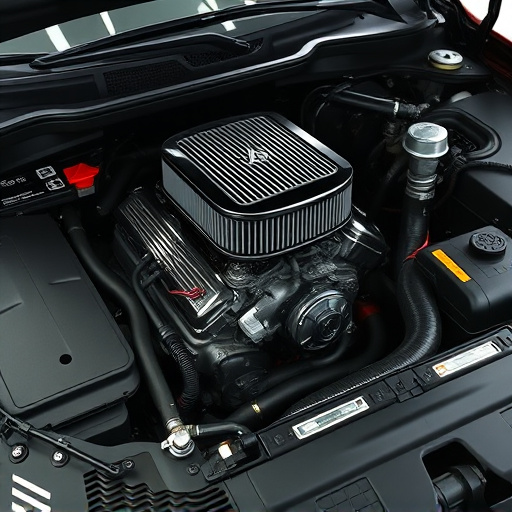
Dry air filters play a pivotal role in enhancing your vehicle’s acceleration performance. These advanced filtration systems are designed to ensure that only clean, dry air enters the engine, which is crucial for optimal combustion. Unlike traditional air filters, dry air filters capture and eliminate dust, debris, and pollutants from the incoming airflow without relying on moisture. This dry filtering process allows for smoother airflow, directly improving engine power and responsiveness.
By integrating a high-quality dry air filter into your vehicle’s intake system, you’re not just enhancing acceleration; you’re also protecting critical components like brake rotors and intake components from harmful contaminants. Moreover, a well-maintained dry air filter can contribute to better fuel efficiency, making it an essential upgrade for any car enthusiast looking to maximise their vehicle’s performance potential, especially when paired with modifications like a cat back exhaust system.
The Impact of Dry Air Filters on Engine Performance
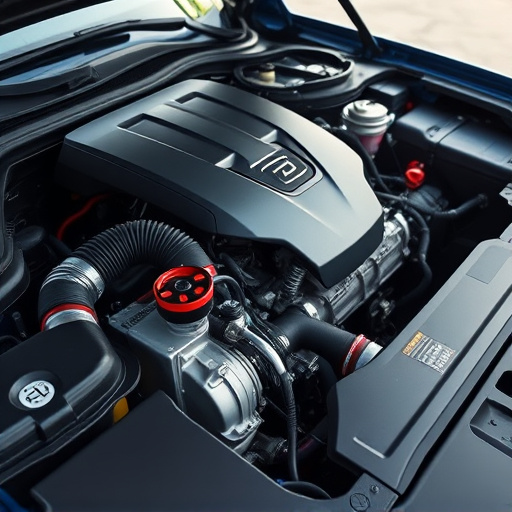
A dry air filter is a simple yet powerful component that significantly enhances vehicle performance by optimizing airflow within the engine. By eliminating moisture from the air intake system, it ensures that only clean, dry air reaches the combustion chamber. This crucial step prevents water vapor from condensing and forming on the internal components, which can lead to reduced power output and even damage to essential parts, especially in colder climates.
The benefits of a dry air filter extend beyond preventing moisture-related issues. It allows for better air compression, resulting in more efficient combustion. This improved engine performance translates into faster acceleration and overall vehicle responsiveness. In addition, well-maintained dry air filters contribute to better fuel efficiency as the engine works less hard to draw in clean, dry air, reducing strain on the exhaust systems.
Benefits and Considerations for Upgrading to a Dry Air Filter
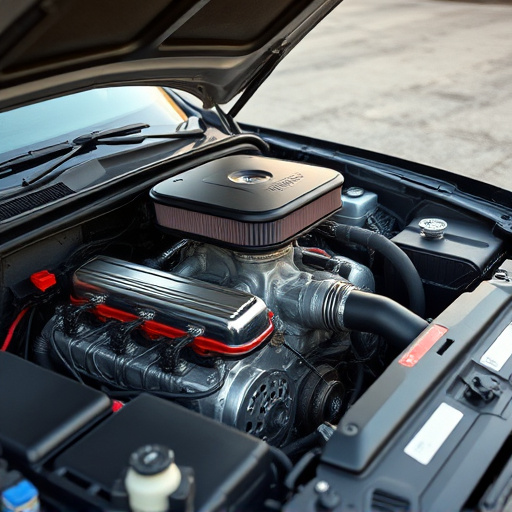
Upgrading to a dry air filter offers numerous benefits for vehicle owners seeking enhanced performance and improved driving experience. One of the key advantages is the significant improvement in acceleration, providing a crisp and responsive feeling behind the wheel. This upgrade directly impacts the engine’s ability to draw in cooler, denser air, which is crucial for optimal combustion. As a result, drivers will notice a quicker response when pressing the accelerator, leading to more enjoyable and efficient driving.
When considering a dry air filter replacement, it’s essential to weigh the advantages against potential drawbacks. While dry air filters excel at enhancing acceleration and overall engine performance, they may require more frequent maintenance compared to traditional wet filters. Additionally, ensuring proper installation is vital; incorrect fitting could impact airflow, negating the benefits. However, with careful selection and professional installation, a dry air filter can transform your vehicle’s performance, complementing upgrades like cold air intakes, exhaust systems, or even stylish muffler tips, ultimately contributing to a more satisfying driving experience.
Dry air filters have proven to be a game-changer in enhancing engine performance, particularly in delivering crisp acceleration. By ensuring a constant supply of dry and clean air to the engine, these filters optimize combustion, leading to improved power and torque. Upgrading to a dry air filter can offer significant benefits, from enhanced fuel efficiency to reduced wear and tear on engine components. However, it’s essential to consider factors like cost, compatibility, and maintenance when making this change, ensuring it aligns with your vehicle’s needs and your expectations for performance.




